PEKANA was conceived in a busy and profitable pharmacy at Sulzfeld. How did it end upin Kisslegg?
Katharina Beyersdorff: The first sales approval for our own product range was alreadygranted in the mid 1970s. From this time the remedies were distributed both inthe pharmacy and within a radius of 20 km. The demands to production and rawmaterials were very high from the start – in combination with growth we wouldhave had to consider an addition or a new building anyway. As we planned ourrestart with our homeopathic-spagyric remedies exclusively we were trying tofind out: Which region in Germany is most closely connected with naturopathy –at that time it was definitely the Allgäu region. Here we anticipated morefavourable starting requirements. We were, of course, also fascinated by theleisure options and the quality of life in the Allgäu.
Have you ever regretted the decision?
Katharina Beyersdorff: No, I have not, not at all. But when I sometimes think about thestart today – we did have to overcome major challenges then. Without having anycomprehensive previous knowledge or experience we literally started aproduction company from scratch. You could not talk about a trend fornaturopathic remedies then – it was, in fact, a niche. Our only foundation wasthe conviction for the specifically developed and unique production method aswell as the conviction that we were doing the right thing.
You have not ever regretted this decision. But were there never any crises or difficult times to overcome?
Katharina Beyersdorff: There were indeed! There were minor and major crises. Right at thebeginning – in the early 1980s the medicinal plant birthwort was prohibited. We,too, had this plant in use in about 25 remedies. Over two years this resultedin a substantial sales collapse – so right after our start our existence was injeopardy. Still, the most problematic year for me was 2006. It was about thereregistration of our remedies – we had to choose whether we wanted to keepquoting the indications or to keep quoting our in-house spagyric productionprocedure. To quote the two of them was not admissible any longer. Having spentcountless sleepless nights we chose the uniqueness of our spagyric procedure.Consequently a lot of names had to be changed – it was confusing for therapistsand customers and difficult to understand in parts – and again we had to copewith sales collapses.
So you had to overcome some drastic crises. But PEKANA still does exist. How did youcope with these crises?
Katharina Beyersdorff: So far, in fact, we have weathered any crisis well. I am positive thatour clear focus on our unique remedy range with its high efficacy helped usthrough all the crises. Sooner or later therapists and customers have realized thatPEKANA provides extremely high and consistent quality. A major factor forsuccess in fighting the crises was surely the early start in export. Related toour size we were true trailblazers here. Due to the registrations we needed wegot the various required certifications early on and had the chance to developtoday’s international level.
Dr.Beyersdorff – You joined the management 2 years ago. What was your motivation?
Dr.Marius Beyersdorff: Like in many classical family-owned companies we grew up with thefirm and got an idea about it early on. Over 40 years now PEKANA has achievedhigh standards in naturopathy and production technology – we are one of the fewnaturopathic manufacturers who prepare the active ingredients exclusively intheir own company from the very beginning. Over the years it has required a lotof investment. Yet for me it was not a given from the start to join thefamily-owned enterprise. But with my studies and subsequent graduation it grewclearer and clearer. Now I am happy that I have got the chance to run theenterprise in the second generation in cooperation with my mother.
Dr.Beyersdorff, in what direction will the market develop over the next years?
Dr. Marius Beyersdorff: Most of the forecasts assume that the core market in Germany willstay more or less at the current level. That is we have to succeed in a highlycompetitive market. If we want to keep growing – and we certainly want to! – wehave to be positioned better than and perhaps a bit differently from ourcompetitors. We are positioned very well, have an excellent overall productrange. And so it makes sense to continuously invest in our brand PEKANA. It isvital, and has been over the last 40 years, that growth is consistent andsound. No aimless activism – we want to position our company with clarity andconsistency for the future.
PEKANA has a wide product range. Will the range change over the next years?
Dr. Marius Beyersdorff: For the time being we will maintain our balanced and comprehensiveproduct range. To take health a step further comprehensively, we need suitable remediesfor as many indications as possible, even if the odd remedy is, considered individually,not really successful in economic terms. But we keep a very keen eye to themarkets, as we have done so far and think about supplementing the core rangeregularly. Here we stay on our toes and open for new developments.
In recent months we have seen an inflationary use of the term sustainability in the media. Is sustainability also an important aspect for PEKANA?
Dr. Marius Beyersdorff: In my opinion the term is used today in a very restricted way. Originallyit was used by forestry and simply means: the long-term balanced cultivation. Thatis, everything possible has to be done to make the overall system work on thelong run. When we look at our corporate philosophy, we find that it is basedexactly on that systemic approach. That is why sustainability (in the originalmeaning of the term sustainability) has always played an important part for us.Yet we would like to distinguish ourselves clearly from temporary fashioncrazes – and consistently follow a path we have walked on for a long time. Hereour motto is: “We are getting a bit better year by year”.







